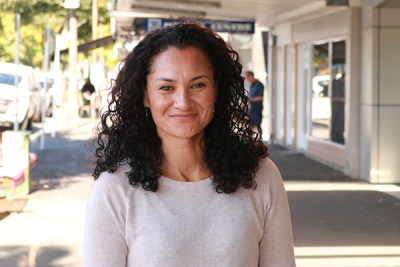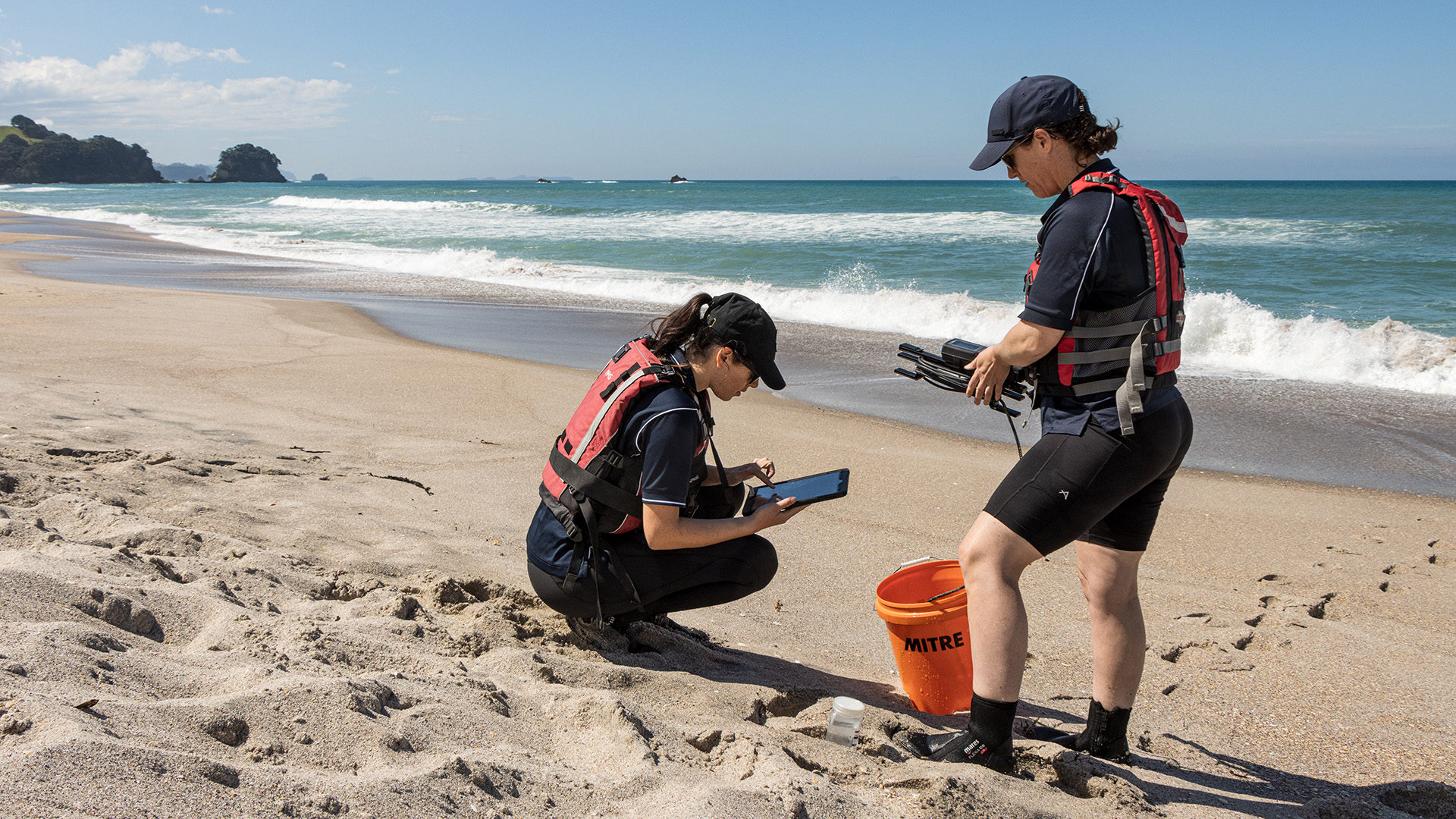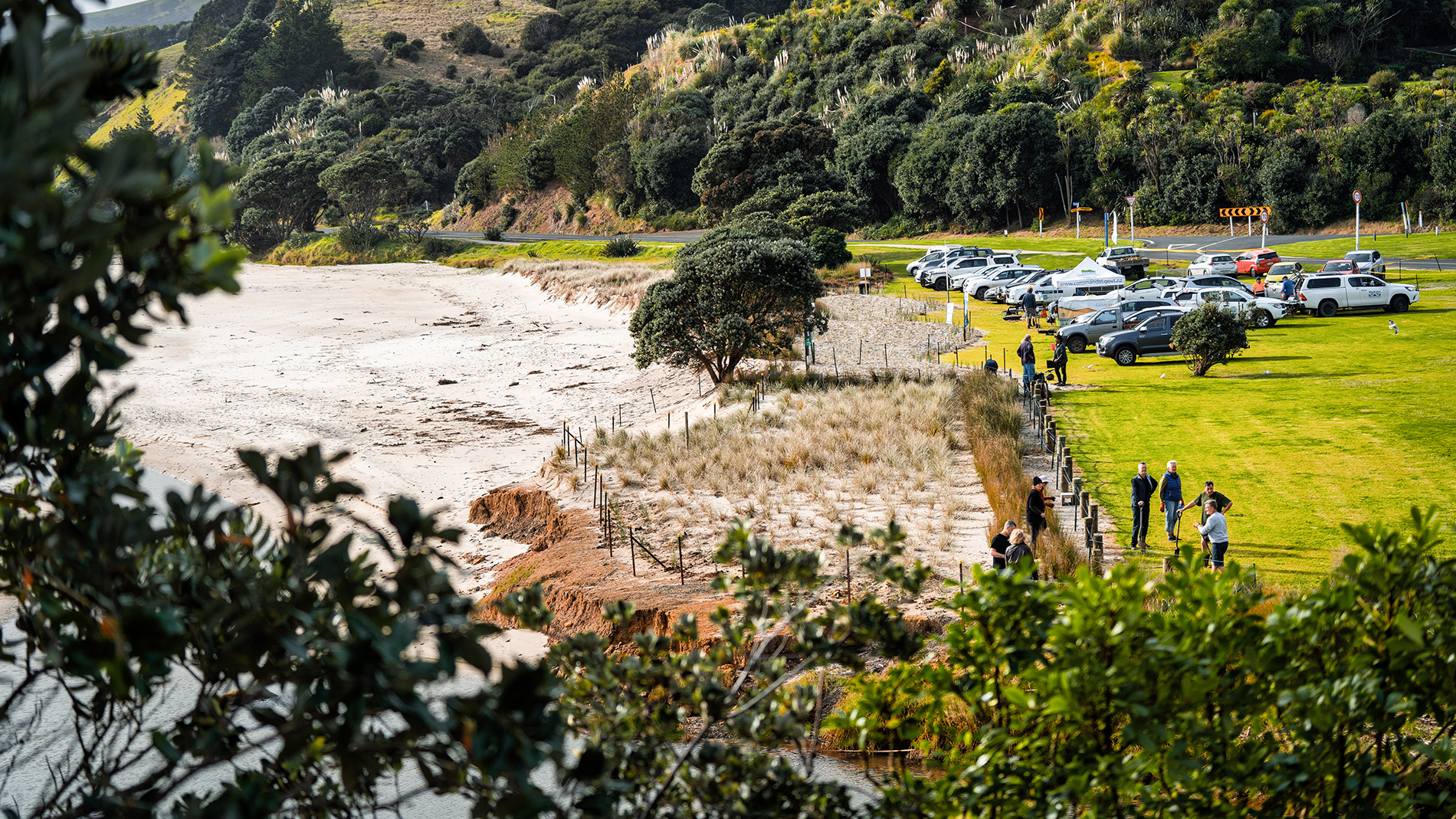 Mali Ahipene | Pou Tuhono
Mali Ahipene | Pou Tuhono
Not long after I started, our democratic processes were put to the test. In 2012, the council voted eight to four in favour of establishing two Māori constituencies for the 2013 triennial elections –making history as the first council to do so under the Local Electoral Act. This decision had significant procedural impacts for both staff and councillors, but more importantly, it expanded Māori participation in local government democracy.
Since then, we’ve seen Māori representation in local government grow significantly. In the last election cycle alone, the number of councils with Māori wards or constituencies increased from a three to more than 30, marking an all-time high. However, this progress is not guaranteed. Ensuring strong and lasting Māori representation requires a range of mechanisms and commitments beyond just electoral processes.
Waikato Regional Council has established co-governance and co-management arrangements with several iwi partners. At the heart of these relationships is an understanding of the legislative frameworks that govern both iwi and council entities. To successfully work together requires a weaving of these frameworks, like a korowai, where each strand must be carefully and correctly placed to prevent it from unravelling. Building these relationships takes time, patience, and practice to get the balance right.
Over time, the council has grown more confident in working alongside iwi. But we must continue to strive to do more, because meaningful Māori participation is built on the collective efforts of both parties.
The Treaty settlement process laid the foundation for long-term partnerships with iwi. However, I believe it was the introduction of river settlement legislation that truly cemented these relationships. Rather than viewing this as a compliance requirement, the council has actively sought opportunities to collaborate with iwi in ways that deliver real benefits for both Māori and the wider community.
At the outset, trust and confidence were not always there. But as our partnerships have matured, we have become more aligned in our approach. This alignment isn’t automatic, it requires genuine commitment and shared investment. Moving beyond statutory obligations to actively seek partnership opportunities is where the greatest gains are made.
The benefits of these partnerships extend far beyond council and iwi – they impact the wider community, particularly in environmental and social outcomes. Each iwi has its own unique identity, priorities, and aspirations. Understanding these nuances and approaching each relationship with the right mindset is essential. Failure to do so places unnecessary strain on partnerships.
Councils and iwi bring different skills and knowledge to the table. Working together allows us to maximise opportunities for mutual benefit. However, it’s important to acknowledge that iwi organisations do not have the same level of resourcing as councils. Expecting iwi to fully commit to partnerships without recognising their capacity constraints is unrealistic. We must be intentional about working in ways that accommodate iwi priorities and enable meaningful engagement.
Similarly, while councils have numerous legislative obligations, not all of these are of immediate concern to iwi. True partnership requires us to engage in ways that ensure iwi feel heard, respected, and valued – rather than simply expecting compliance with council processes.
Waikato Regional Council has made significant progress in fulfilling its Treaty obligations and strengthening its partnerships with iwi. Looking ahead, there are key developments that will continue to shape this space, including:
These settlements will drive further transformation in how councils and iwi work together. I believe we will see a future where iwi Māori are fully enabled to participate as equal partners, with a growing emphasis on joint projects that deliver meaningful outcomes for all communities. Our vision is to foster iwi partnerships that are enduring, effective, and beneficial for everyone.

What we do
Improving water quality, enhancing the health of our coastal and marine ecosystems, protecting and restoring our unique native plants and animals and the ecosystems they live in, keeping people safe on our roads and waterways as well as from floods and other hazards, and providing passenger transport services.
We do all this, and more.
Learn more about our mahi
If it matters to you - information for candidates
Every decision made by councillors significantly impacts the lives of Waikato residents, today and for the future. Elected members have the responsibility to represent the interests of all residents and ratepayers in the region, going beyond their immediate constituencies.
Do you have what it takes to sit at the decision-making table of Waikato Regional Council?
Start your elections journeyGet ready to participate in local elections 2025 for the Waikato region.
To ask for help or report a problem, contact us
Tell us how we can improve the information on this page. (optional)